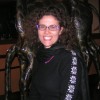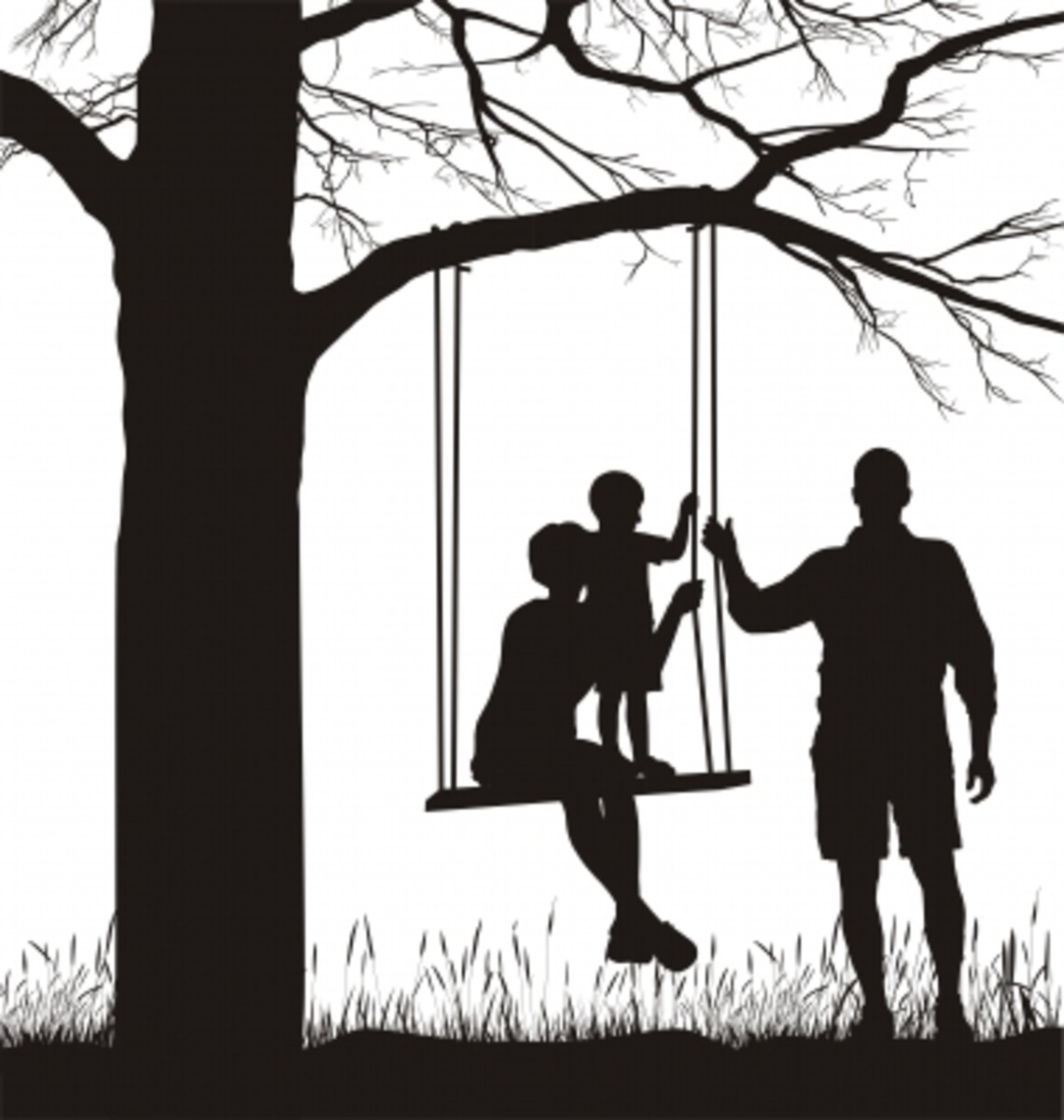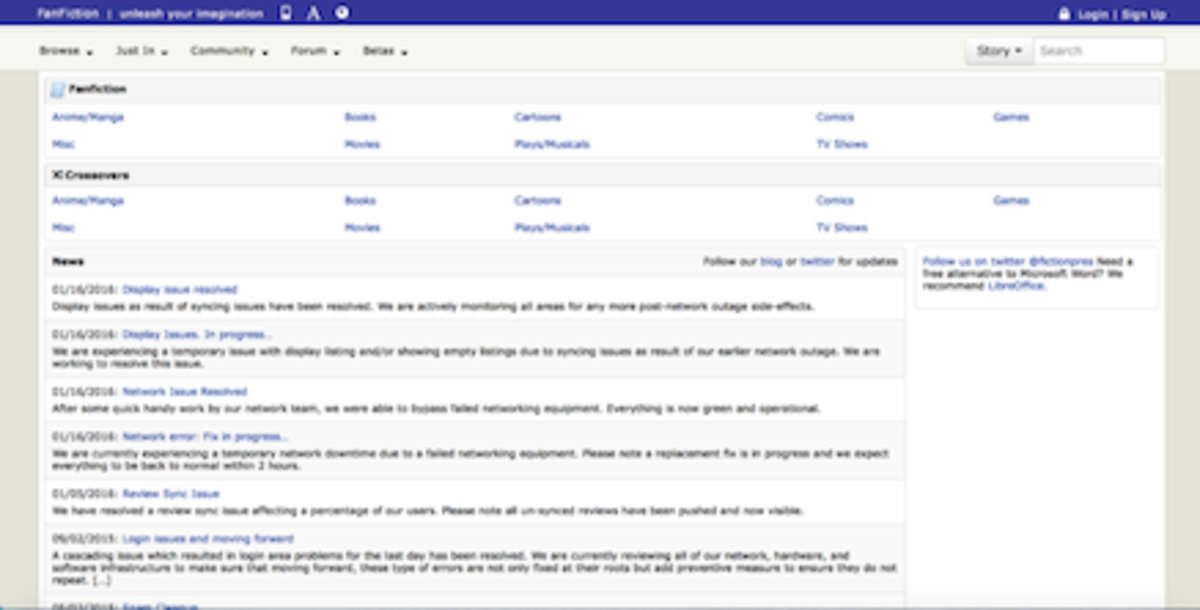My Father's Funeral and the Plot to Kidnap Me
I've done some memoir writing in the past few months. If these pieces of my story ever become a book, I think the below would be the first chapter. I met my father when I was 38, after growing up and developing a whole adult identity without him. We never actually "met," but only communicated online for 18 months, when he died unexpectedly. The process of getting to know him made me look at my whole life with different eyes, and that would be the focus of the resulting memoir, at least I think that is where it's going. At any rate, here is the first installment. I appreciate any comments from fellow writers.
The Marshall Islands
This story really begins in 2003, when my husband and I and our two kids moved to a little California town near the ocean, population 10,000. We spent several years choosing this town as the place to raise our family. We even managed to close on a house in our first choice subdivision, no mean feat in a real estate market where pretty much all homes but the real dogs sold the day they posted.
One morning, with my first grader in school, I walked to the park with my two year old and fell into conversation with another mom. She quickly discovered I was new to the area, and I talked about how much I liked living here, where the air felt so clean, you could feel the nearness of the ocean, and it was so much a small town, compared to the city of nearly a million we had moved from, where you had to drive 10 minutes to get out of your subdivision. She told me I would have liked island life, I would have liked where she grew up, a place called the Marshall Islands. She described the Marshall Islands: they were remote, none of them were very big, only a small number of people lived there. Her father had a job on the islands. She certainly looked like she’d had a happy childhood.
At home I looked up the Marshall Islands in an atlas, and if a more remote habitable spot on the face of the globe exists, I didn’t see it. They are small islands, and they are in the middle of the Pacific, about as far from any other land mass as you can get. They lie somewhat between Hawaii and Australia, and how human beings ever found them without modern transportation is one of the mysteries of the world. (They do have an indigenous population.)
Somehow, I felt a connection to this place. My mother-in-law assured me that anywhere that isolated with a population of Americans could be serving only one function: weapons development. She was right, when I looked a little more into it. Americans aren’t there as a colony of sophisticated expatriates living a dissipated existence in some version of tropical paradise, like they do in Bali or Tahiti. They, or I should say we, locate ourselves there to build and test bombs. The people who do this work bring their families with them, like people do. Los Alamos, where the atomic bomb was first developed, wasn’t just a bunch of scientists off in the desert living a dormitory life, it was a town with family homes and a school for the children.
The island life of the young mom’s happy childhood took on a more sinister Cold War color. Still, I couldn’t let go of the Marshall Islands.
My Father’s Funeral, and the Plot to Kidnap Me
My parents split up in 1967, when I was a few days old, and my father dropped off the map. In 2006 he called my house. Up until that point I hadn’t known if he was dead, alive, or living abroad. He managed to call on the worst day our family had had in years: a soccer ball hit my son with enough force to unhinge his jaw and leave his mouth jammed open at its widest point for five hours, until the emergency room doctor manually reset it. At first we had no idea what had happened. Nathanael couldn’t speak or swallow: he gagged on his own saliva. Though the injury proved even more traumatic than we realized that day, and the physical pain and emotional stress would result in removing our son from school and homeschooling for two years, we were all relieved on the way home from the hospital, Nathanael’s jaw back in place and him relaxed on a good dose of painkillers. My husband and I crawled into bed exhausted around midnight, and when the light was off he said quietly, “I have to tell you something. (Pause) Your father called today.” Figures it would be today, I thought.
As a result of this phone call, my father and I set up an email account where we could write messages back and forth. We wrote quite a lot, telling each other stories about our lives in no particular order, swapping favorite historical factoids, and generally letting each other into our thought processes, if not into our souls. We kept it up for about 18 months, until he died suddenly of a stroke.
This was how I ended up on my way to Texas, to the funeral of a father I had not actually spoken to (I didn’t want to talk on the phone, I liked the pace of email, and he never even suggested a real time conversation, let alone a visit.) The situation was shaping up to be more than a little awkward.
My father had a great funeral. He was a volunteer fireman, a Vietnam combat veteran, and a Navy veteran. All know how to see off a departed comrade. He was also an Irishman, and if there is any music more haunting and beautiful than a Celtic lament for the dead I have not heard it. I didn’t know how I would be received at the funeral, nor did I know much at all about the practicalities of his life. I knew all sorts of pretty personal things about him, but I didn’t know his living arrangements, his closest friends, how he spent the average day. My celebrity status caught me off guard. When a fireman dies every member of the department attends the funeral, they have after all faced life and death together, and when I entered a packed room hoping to find a quiet corner to mourn this most confounding of relationships, there was a stir and a murmured, “That’s her.” Some looked, some tried to give privacy, but the room was aware.
I didn’t know if he had talked about me at all, and he had talked me up quite a bit. The little photo album I made him for Christmas had made the rounds, and I learned at the lunch after the burial he didn’t show it to groups, he would take it out only one on one, so that he and the album had that person’s full attention. As I entered the mortuary, I found myself ushered to the front row, and when his flag was folded, it was presented to me, not to his brother or sister. (His parents had long since passed: none of his three ex-wives was there.)
My father’s sister Rosemary suffered through these two days. No she wasn’t close to him, they had barely spoken since their young adulthood. (Most people seem to think the death of someone you are close to hurts worst: from observation I think it’s the opposite. The death of the estranged is far more powerful, a potent mix of grief, guilt, anger and disgust that becomes more than the sum of its parts.) In our email world my father barely mentioned his living family. He told family stories about relatives a generation or two back, but a silence surrounded his current relations with family. He never once, I realized that weekend, mentioned Rosemary, the sister he grew up with.
Her feelings about how he dealt with me probably caused the estrangement, Rosemary said as we sat together at the hotel. He felt she judged him: maybe she did. It was the first indication that weekend that I was the locus of feelings and actions I hadn’t even suspected. More came in succession: Rosemary showed me copies she made for me of the pages in her family photo albums with pictures of her visits with me. I remembered these visits from my early childhood: every so often my father’s parents, Mom-Mom and Pop-Pop, along with Aunt Rosemary and Uncle Bill and their brood of three unruly boys, showed up at my grandmother’s house in Levittown in Pop-Pop’s battered blue van. I loved these visits. The boys rough-housed me but I never got hurt; we played board games. Everyone ate a big meal and the grownups talked at the kitchen table. They brought some downright exotic gifts: a topaz necklace my Uncle John got on a trip to Japan, a tapestry with horses, a book about one of my ancestors on their side, a 16th century female Irish pirate.
The exciting visits ended at some point when I was young enough to still have a hazy concept of time. When I was older and could reflect back, I reasoned my grandmother on my mother’s side had made the visits too unpleasant, or maybe she just told them they weren’t welcome anymore. My grandmother made no secret that she disliked Mom-Mom and Pop-Pop. Each visit, after they left, she liked to debrief my mother on all the jibes and subtle insults she had worked into the conversation. No wonder, thought my older self, they did not return.
Looking at Rosemary’s photo album, I realized I was family to her. I saw losing me had hurt. Clearly I hadn’t thought this through. How could I have believed she and her parents would walk away from a beloved child over a few verbal digs? Someone referred to “the restraining order.” Now it all fit together. They thought I knew. Why did I think they stopped coming?
Then the real bombshell dropped. “You know you almost grew up with us,” said my Uncle John, my father’s older brother. John looked like someone who had spent his life at sea, and he had. By the age of 16 he was such a troublemaker that his father decided the best thing to do was get him a job on an oil rig out in the ocean. He took to that life: he never came back. Up to retirement John worked on oil rigs and oil tankers, eventually earning the post of chief engineer on a tanker. These days he moved his large, weather beaten frame around with the help of a cane, but the cocky 16 year old who held his own in tough physical labor alongside the rougher element of adult men still looked out of those eyes.
“You almost grew up in the Marshall Islands.” He didn’t mention where the Marshall Islands were: he assumed I knew, and thanks to my friend in the park, I did. I hadn’t known that shortly after my birth my grandfather accepted a job in the Marshall Islands. My parents’ separation and my mother’s family’s hostility towards all of them brought my Mom-Mom to a certain conclusion: if she wanted to be a part of her granddaughter’s life, she might have to do so by force. And the timing couldn’t be better: her husband had flown to their new home already, soon she would disappear herself, heading for a place few people knew about. She phoned her son John, the wild one. He was somewhere on the other side of the globe, but could he quietly get leave for a few days? During these few days could he get himself back to the states and pick up his brother Paul’s baby? Without the mother’s family noticing?
My Uncle John smiled remembering this: he had been all ready for action. He covered all contingencies: he knew people, people who could provide discreet transportation, also some ladies who would handle the diaper changing part of the operation. (Apparently he felt equal to a felony like intercontinental kidnapping, but a messy diaper was beyond him.) This was the late sixties: a person carrying an infant onto a plane would not be questioned, identification not requested. I would have been gone, headed for a little enclave of my fellow Americans hidden away on a tiny Pacific island. (Back in our room my husband lost his cool briefly over the whole child-snatching thing. Kidnap a baby! Who did things like that?! Darling, meet my family.)
Sitting there surrounded by my dead father’s nearest relations, all I could think was – what was wrong with these people? They had a perfect plan in place. They didn’t lack for confidence. Why had they backed out at the last moment? “So, why didn’t you do it?” I asked quietly.
“Your Mom-Mom called me at the last minute. If we took you, you could never see your own mother again. She decided she couldn’t do that to you.” I can’t think of a better reason, from her point of view, for calling off the kidnap.
But for me, I regretted it, that moment sitting there with them, and later too. I lost a lot. I lost that pair of grandparents, and I loved them. Maybe my love for them fell asleep, but it woke again when I realized they hadn’t stopped visiting of their own volition. I remember how I could feel Pop-Pop’s love for his family like it was a tangible thing. He didn’t talk much; he didn’t have to, I felt things radiating out of him, good things, safe things. I grew up in a house without men, and my grandmother largely despised them. I often feared them. Pop-Pop was the first to make my little girl heart believe that men could be good. And Mom-Mom, to use my father’s word for her, was grand. Though I was a tomboy, she bought me dresses, and made me want to wear them. She had red hair: I wished I had red hair too. My father wrote me that when he was a teenager he and his mother would have long talks, solving the problems of the world. I can picture her doing that.
And my father of course, I lost a childhood of knowing him as well. About a year after his death a friend mailed me a box of things that belonged to him, and a long letter. In the box, among other things, was a wooden model of a boat from the Marshall Islands. “He put this in my house,” she wrote. “It showed his presence. It also showed that he always thought of you, his whole life.” Had I lived with his parents in the Marshall Islands, I think he would have been there too.
More Memoir
- In The Hall Of The Mountain King
This is about the very beginning of communication with my father. - The House At The End Of The World
My father's imagined presence in my childhood. - My Mother's Boyfriend
My father's rival.





